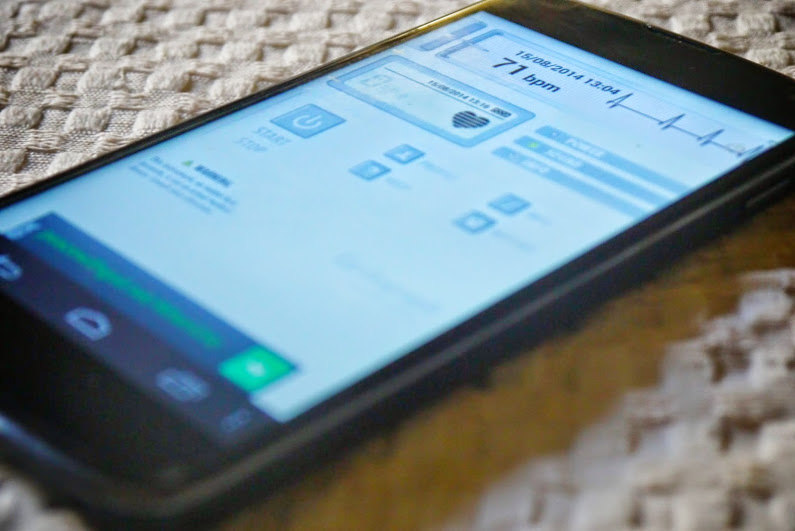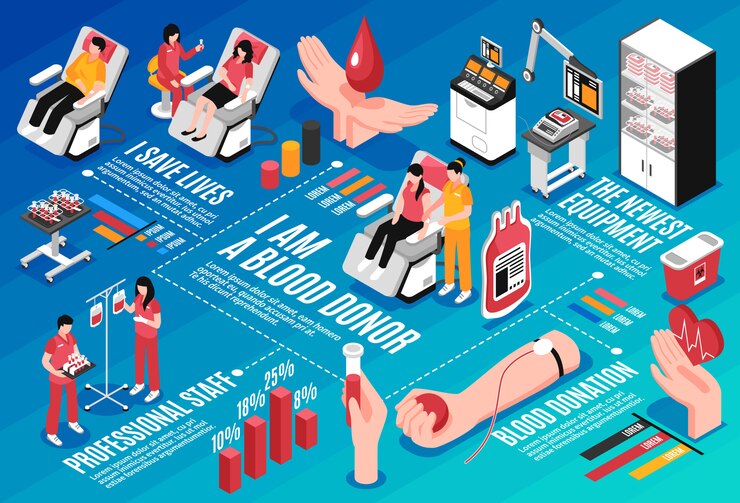Wireless and telecommunications technologies help to increase the growth of the mhealth Market from 2018 to 2025
In recent years, there has been a significant rise in rate of using the mobile and wireless technologies that support the achievement of mobile health service delivery across the globe. To propel the growth, this is a powerful combination that include the continuous growth in coverage of mobile cellular networks and the rapid advances in mobile technologies. According to the International Telecommunication Union (ITU), there are now over 5 billion wireless subscribers estimated whereas, 70% population of them located in low- and middle-income countries.
mHealth is a collection of methods for enhancing the wireless health care in public to deliver health education and support the use of electronic information and telecommunications technologies. The electronic information and telecommunications technologies help to support long-distance clinical health care, patient & professional health-related education, public health and health administration. The term “mHealth” is used to describe the unprecedented spread of using mobile technologies and advancements in their innovative applications, to address health priorities has evolved into a new field of eHealth that is known as mHealth. These advanced and innovative technologies include live video-conferencing, store-and-forward imaging, streaming media, mobile health, terrestrial & wireless communications and the internet. The above mentioned factors are accountable for the rise in the demand for mhealth solutions and services across the globe. The gradual increase in the treatment and diagnosis in timely manner is also expected to increase the demand for mhealth in the forecast period.
The mhealth market is segmented on the basis of services, devices end user. Based on services, the market is classified as remote monitoring services, diagnosis services, treatment services, health support services, fitness & wellness services and others. In 2016, the remote monitoring services segment held the largest share of the market, by services. On the basis of the devices segment the market is segmented into insulin pump, BP monitor, glucose monitor, personal pulse oximeters and others. Based on end user, the market is categorized into mobile operators, devices vendors, health providers and others.
Geographically, the mhealth market is segmented into North America, Europe, Asia Pacific (APC), Middle East and Africa (MEA) and South and Central America (S&CAM).The mhealth market is matured in North America region, owing to the increasing utilization of connected medical devices and increasing adoption of mHealth apps in the management of chronic diseases in the US. The telecommunication industry has established well with a higher pace in the past decade in the country. Treatment in timely manner is one of the major factor that bring more and more users to mhealth. The availability of the diagnosis at an efficient price as well as the demand for live video-conferencing and mobile health among the population in the region is the major factor driving the demand in the mhealth market. Due to these factors the mhealth market is likely to grow in the forecast period.
The players operating in the mhealth market across the globe include LifeWatch, KONINKLIJKE PHILIPS N.V., Medtronic, Boston Scientific Corporation, athenahealth, Inc., Honeywell Life Care Solutions, Cisco Systems, Inc., OMRON Corporation, Masimo, AgaMatrix, Inc. and among others.



